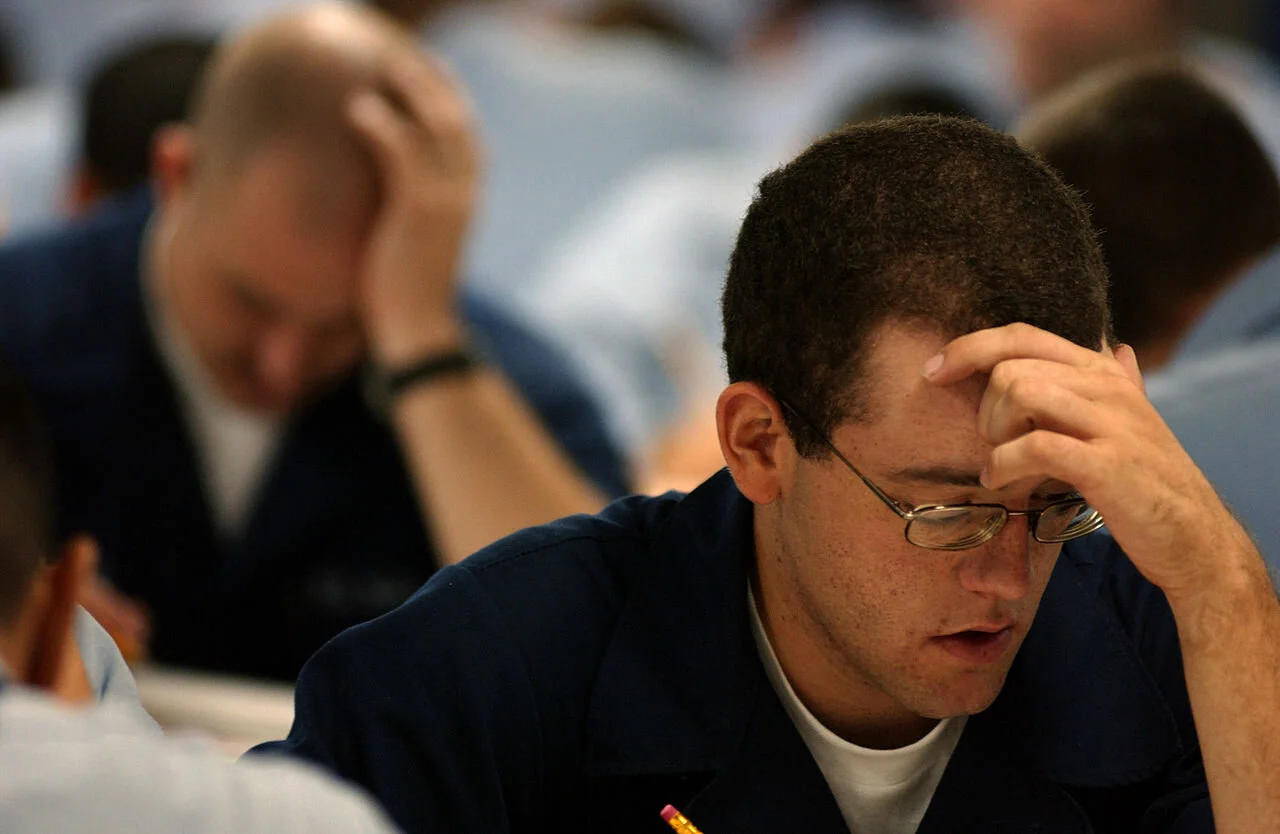UC Berkeley announced that it will begin accepting two recommendation letters from its freshmen applicants beginning this fall.
UC Berkeley undergraduate admissions has not welcomed recommendations since it opened its doors in 1868, yet admission criteria to the UCs (and Berkeley) have been in the throes of change over the last years.









